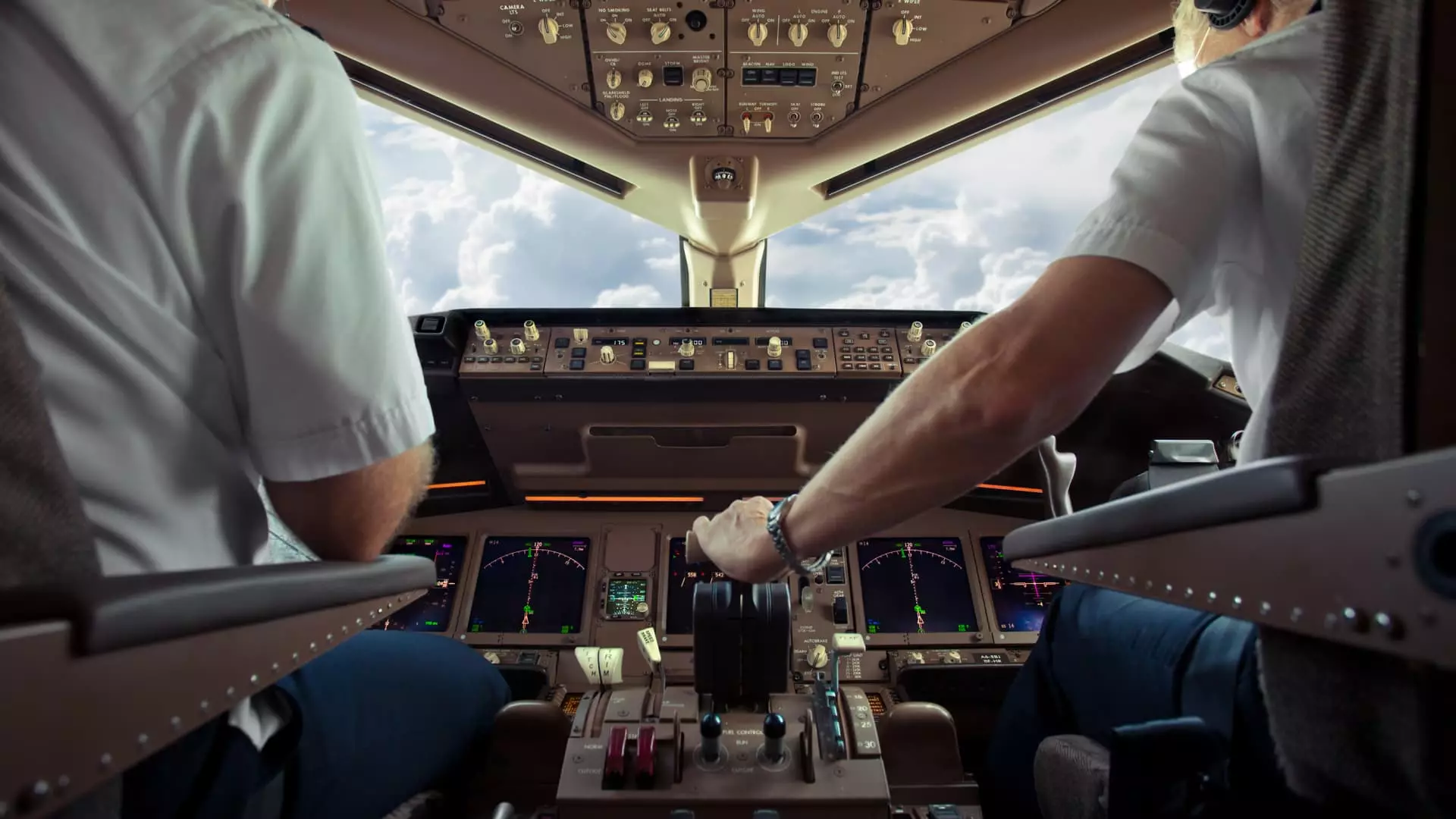In today’s world, where information is readily available at our fingertips, travelers are becoming more conscious of the aircraft they are flying on. Recent surveys have shown that one in five travelers are now researching the planes they may be flying on before booking their flights. This shift in behavior is largely due to the increase in media coverage about aircraft and airlines, particularly focusing on notable companies like Boeing. With passengers becoming more aware of safety concerns, the way people book flights is changing.
Boeing, a century-old American aircraft manufacturer, has been under the spotlight due to various quality control issues and accidents involving their planes. Incidents like the door panel blowing off an Alaska Airlines flight have raised concerns among travelers. According to surveys, individuals are now more inclined to avoid flying on Boeing aircraft due to these safety concerns. This has led to a rise in the number of people opting to research thoroughly before making their travel plans.
Despite the negative headlines surrounding Boeing, commercial aviation safety has been on an upward trajectory. Research conducted by the Massachusetts Institute of Technology shows significant improvements in aviation safety over the years. The risk of dying on a commercial flight has decreased substantially, with the number of fatalities per passenger boarding plummeting since the late 1970s. Factors such as technological advancements, intense training, and regulatory oversight have contributed to making air travel safer than ever before.
While aviation safety has improved globally, there are still geographical variations in safety standards. The MIT study classifies countries into three tiers based on flight safety performance. Tier 1 countries, like the United States and parts of Europe, exhibit the lowest risk of fatalities per passenger boarding. In contrast, Tier 3 countries face significantly higher risks, although there has been a decline in fatalities over the years. These disparities indicate that certain regions still need to enhance their flight safety protocols to match the standards set by Tier 1 countries.
With the rise of awareness regarding aircraft safety, travelers are now seeking alternatives to flying on Boeing-manufactured planes. Platforms like Kayak and Alternative Airlines now allow users to filter flights by aircraft type. For those looking to avoid Boeing’s 737 Max aircraft or solely fly Airbus planes, these options provide a sense of control over their travel choices. However, switching airlines to avoid Boeing planes may not be feasible for everyone, especially frequent travelers aiming to build loyalty status with specific carriers. Despite these efforts, uncertainties still exist, as demonstrated by incidents where passengers who intentionally avoided Boeing aircraft ended up flying on them due to last-minute changes.
The recent shift in travelers’ perspectives towards aircraft safety indicates a growing concern for passenger well-being. While the aviation industry has made considerable advancements in ensuring safe air travel, there are still challenges and uncertainties that travelers must navigate. Whether it’s opting for specific aircraft types or relying on statistical data, individuals are actively engaging with the safety aspects of their flights. As technology continues to evolve and regulations tighten, the future of commercial aviation looks promising, albeit with occasional setbacks that remind us of the complexities of air travel.

